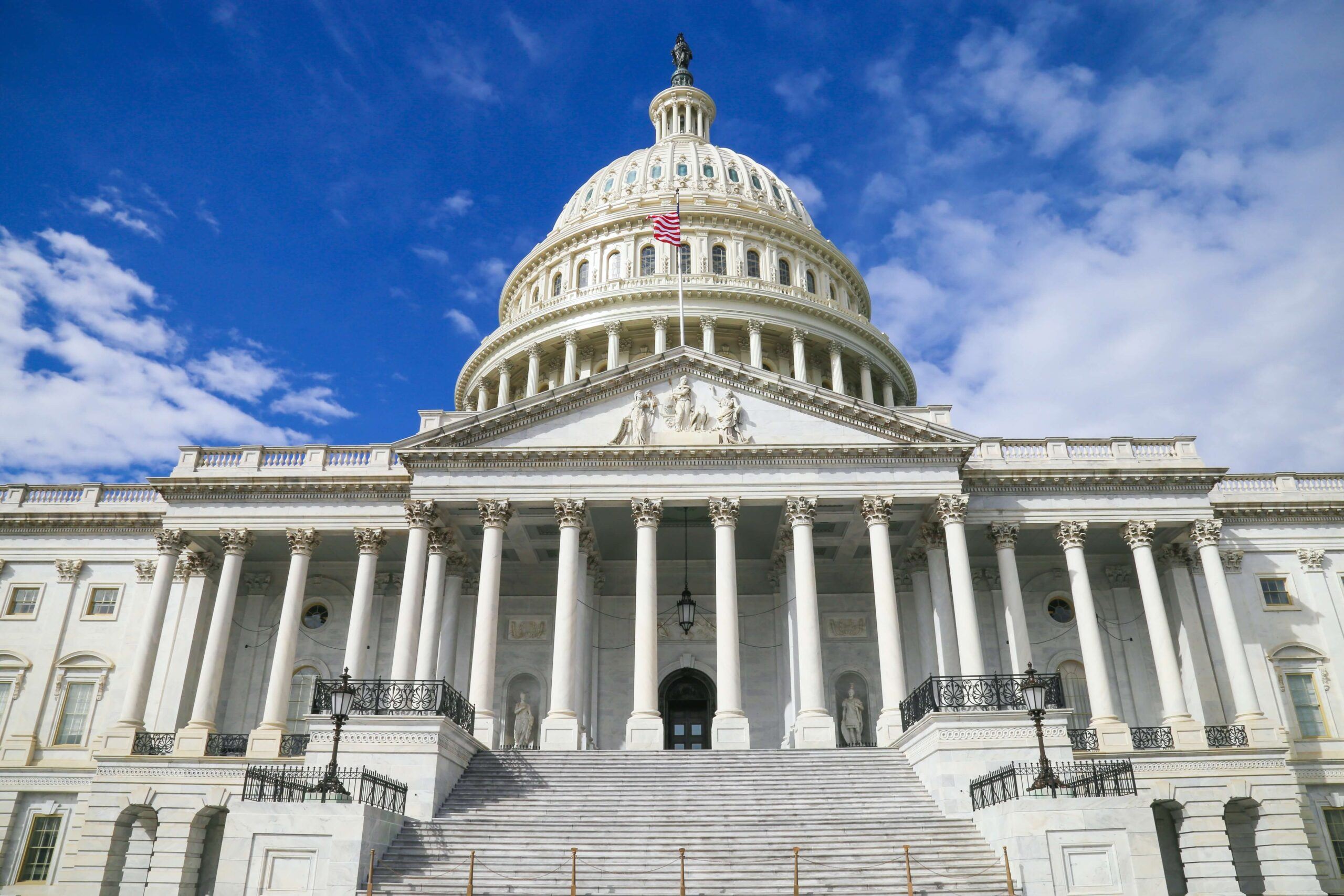The fight over federal funding continues on Capitol Hill. This week, the House of Representatives Higher Education and Workforce Investment Subcommittee held a hearing billed as a discussion of homecoming, the historical roots and continued contributions of historically Black colleges and universities. Much of the conversation centered around the months-long fight in Congress over President Joe Biden’s budget bill and the $30 billion in funding HBCUs could access.
“HBCUs remain integral to promoting the academic, social and economic success of the descendants of enslaved Americans and fostering a thriving community for underrepresented student populations, including Black students,” Rep. Frederica Wilson, a Democrat from Florida and chair of the higher education subcommittee, said in her opening remarks.
“Unfortunately, many states have chronically underfunded HBCUs compared to other institutions, leaving them to achieve far more with far less,” she added.
Across the aisle, Greg Murphy, a Republican from North Carolina and ranking member of the subcommittee, was focused on reducing funding to all institutions of higher education, including HBCUs.
“President Biden’s Build Back agenda proposes an additional $30 billion — that’s with a ‘b’ — in additional spending on HBCUs. These additional funds are questionably absurd,” Murphy said during the hearing.
“While federal funding may provide temporary support we must encourage HBCUs, just like every other institution, to be more innovative, develop strategic business models and work with their private sector to help students complete their programs and excel in the workforce,” he added.
The four witnesses testifying at the hearing were researchers, executives and an HBCU president. Glenda Glover, President of Tennessee State University, detailed the outsized role HBCUs have played over the years despite being just three percent of all colleges in this country.
“Almost 50 percent of the members of the Congressional Black Caucus attended HBCUs, and the Vice President of these United States graduated from an HBCU,” Glover said. “These achievements were earned despite the fact that funding has been disproportionate and endowments are 70 percent less than that of white institutions.”
Andre Perry, Senior Fellow at the Brookings Institute, testified that the root causes of the massive differences in endowment sizes goes back centuries.
“There’s lots of endowments that — I hate to put a damper on this — were created from cotton money, alcohol money,” Perry said. The 10 largest HBCU endowments in 2020 totaled $2 billion, compared to $200 billion across the top 10 primarily white institutions’ endowments, according to Perry’s written testimony.
This disparity is something another witness, Lezli Baskerville, President and CEO of the National Association for Equal Opportunity in Higher Education, works to change. Testifying in favor of limited government spending on higher education was Angela Sailor, Vice President of The Feulner Institute at the Heritage Foundation.
But not even HBCU advocates are fans of the current budget reconciliation bill that is still being negotiated and what it allocates to the schools, saying it is not enough.
The bill earmarks $2 billion for research and development infrastructure. However, none of that funding goes specifically to HBCUs. Instead, it is available to Minority-Serving Institutions (MSIs) in general and it is one of the major issues HBCU advocates have with the reconciliation legislation.
Lawmakers like Democratic Rep. Alma Adams and officials from the United Negro College Fund, Thurgood Marshall College Fund and NAACP have told Democratic leaders the current funding is inadequate and would force HBCUs to compete against hundreds of other schools, falling far short of the $55 billion in research funding for MSIs Biden proposed back in March.
“As of right now, this bill does not have [Rep. Adams’] support,” John Christie, Chief of Staff for Rep. Adams and a Hampton University alum, told The Plug. “There are a lot of priorities in this bill, the money is tight. But the fact of the matter is, if this bill is designed to put HBCUs in particular on a more competitive playing field, then the way the bill is currently designed, it doesn’t do that.”
Congress is also allocating money for tuition assistance at all MSIs, not just HBCUs. It would give schools grants to subsidize part of low-income students’ tuition, though the bill does not appropriate a specific amount. The funding would instead be based on the number of eligible students at the school and the median community college tuition and fees in the school’s state. HBCUs and other MSIs could be looking at $27 billion in tuition assistance, according to Christie.
The legislation also allocates about $1.5 billion to HBCUs and other MSIs through established sections of the Higher Education Act of 1965.
As HBCU alumni and students come together during the next few weeks for their schools’ homecoming celebrations, that same sense of unity likely will not be present on Capitol Hill as budget negotiations — and gridlock — continue.








